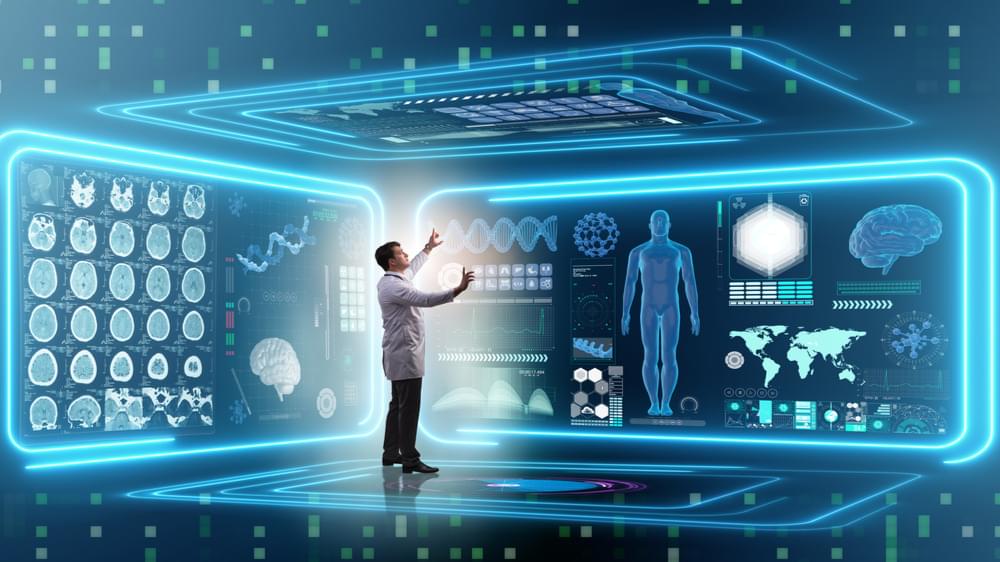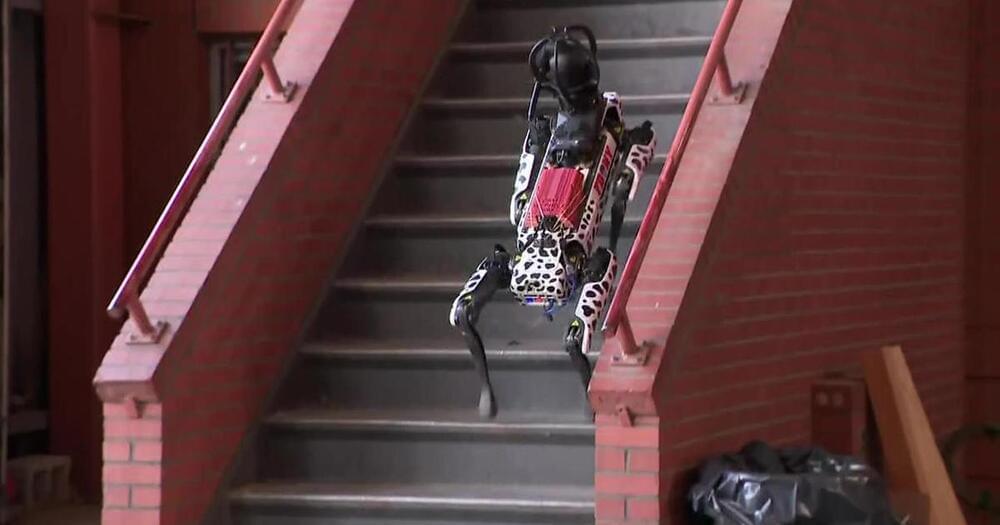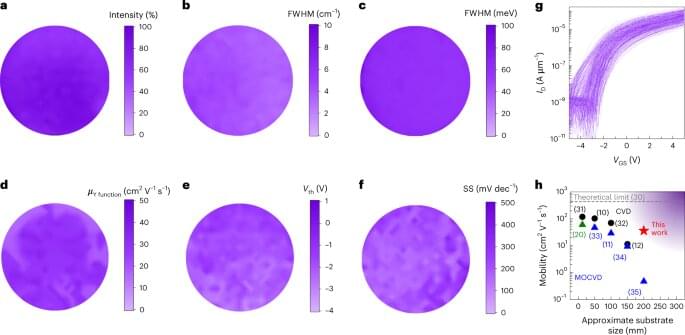Apr 28, 2023
Mark Zuckerberg says he is absolutely not abandoning the metaverse as company division loses $4 billion
Posted by Kelvin Dafiaghor in categories: augmented reality, robotics/AI
Meta CEO Mark Zuckerberg says he isn’t abandoning the metaverse, even as the division of the company that manages its virtual and augmented reality projects lost $4 billion in the first quarter.
Recent comments by Zuckerberg and other Meta leaders have suggested that the company is going bullish on AI and switching its strategy away from the metaverse. Top Meta execs are now spending most of their time focused on AI, CTO Andrew Bosworth said earlier this month.
“A narrative has developed that we’re somehow moving away from focusing on the metaverse vision,” Zuckerberg told investors on Wednesday. “So I just want to say upfront that, that’s not accurate. We’ve been focusing on both AI and the Metaverse for years now, and we will continue to focus on both.”


















